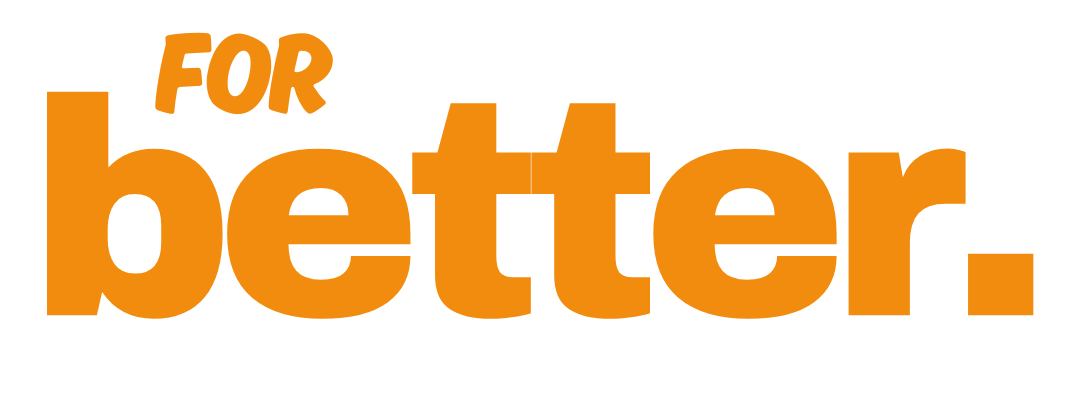Every new platform is liberal

The psychology of trying new things.
I don't think I'm being bold when I say that liberal people are more open minded. We have that statement backed up every time we read the news.
Last week, I spoke about echo chambers. This blog post is somewhat of a continuation, peeling back the skin to reveal the organ that controls us (even when we don't want it to) - the brain.
On that note, liberal people are more open minded whereas conservatives are less likely to welcome change, instead sticking with existing systems. It's not just me, much smarter people say so too.
"Conservatives engage in more heuristic, automatic, and stereotypical thinking due to their higher need for cognitive closure. In contrast, liberals engage in more deliberate, systematic, and effortful thinking due to their higher need for cognition and higher tolerance for uncertainty." Jung & Mittal, 2020 - Political Identity and the Consumer Journey: A Research Review
As we explore a world of social media which turns away from the 'known' (i.e. Big Tech), we see this psychology come into play.
Platforms like Bluesky are accused of being echo chambers because they're full of people who think in similar ways. People who are more open to change and the uncertainty of setting up somewhere new.
That does not mean that everyone has the same view on every issue, but it does mean the majority are probably going to agree on the big brush-strokes of politics.
So, I think, if you wanted to make a platform more politically balanced, you need to age it.
Online, that doesn't mean what it does in real life. I'm not suggesting we put a bow on a zimmer frame and ship it to Jay Graber. To age something online, you have to make it normal, take it out of the news and put it in your routine.
That's what we need to do with open social media. We need to make it normal to have an account on a platform that is part of a much wider network (no, the Metaverse does not count).
The psychology behind adoption says that the liberals will be there first (unless, as in the case of Truth Social, it's explicitly advertised as anti-liberal). This isn't a cause for panic, but a reminder that new things will attract the same type of thinkers.
If you add another layer to it, make it unfamiliar and complex (i.e. Mastodon), then you narrow down the pool even more. Pushing it even further into liberal hands or the anti-social hands of those who want to stay hidden.
But if you make a platform feel more 'normal' and less 'new' you'll see a wider range of people joining. That's why, as we see Bluesky become normalised, people with more middle views are joining.
It is very important we bear this in mind as we encourage more people to join New Social media platforms and as we think about who is already there.
Whilst many seemingly liberal organisations aren't yet on New Social platforms, it doesn't mean that they won't ever be. I think we just need to remember that behind the scenes not everything is as sunshine and rainbows as it may appear on the outside.
In particular, the people making the decisions - board members etc, are more likely to be conservative (this is due to something called mortality salience and the average age of board members). If not in their politics, then in their thinking. Scared of change or trying new things, especially if what they've got works.
We need to guide people, we need to make it simple and familiar. That's why Bluesky works - it feels familiar. The more conservative thinkers can cope with that as a first step; it looks like Twitter, it feels like Twitter, and X becomes less like Twitter everyday.
To introduce the idea of the network, open social media, owning your corner of the social internet - now that is more of a challenge. That is explaining email in the 70s or websites in the early 90s.
What we need is to stop explaining the tech, stop getting them to understand, and just give them a reason to use it. In a way, that's what Bluesky is doing, but the network is bigger than Bluesky and AT Protocol - very few understand that.

